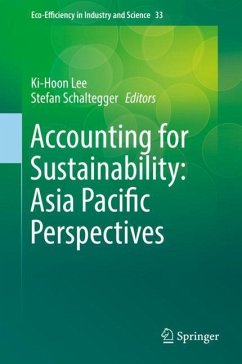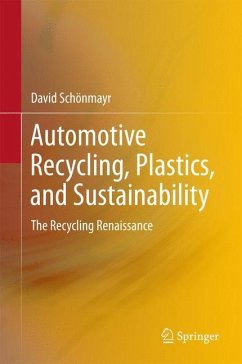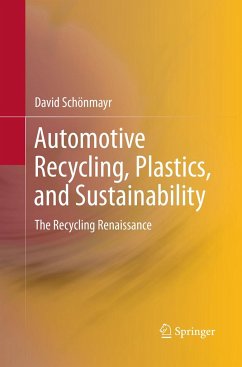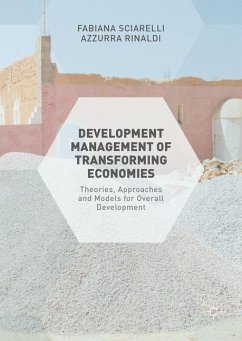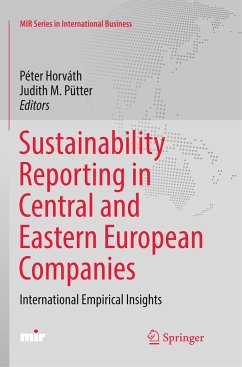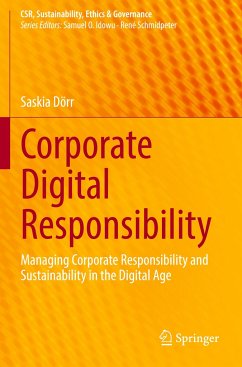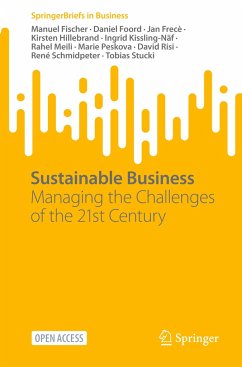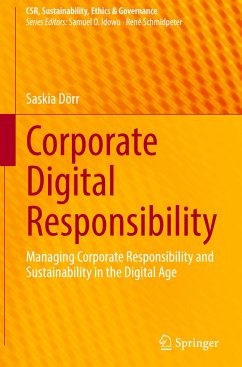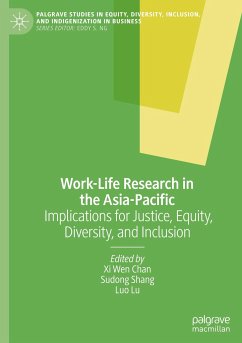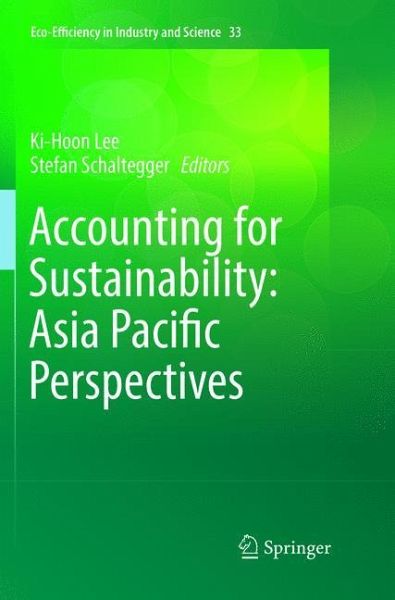
Accounting for Sustainability: Asia Pacific Perspectives
Versandkostenfrei!
Versandfertig in 6-10 Tagen
83,99 €
inkl. MwSt.

PAYBACK Punkte
42 °P sammeln!
This book advances the understanding of corporate sustainability and challenges and roles of sustainability accounting in the Asia-Pacific region. The Asia-Pacific region has shown fast economic growth for several decades which is expected to continue. In this context, Asia has become the "production engine" of the global economy. At the same time scientific reports reveal that some planetary boundaries are crossed, for example relating to biodiversity and climate change. Companies in the Asia-Pacific region are therefore increasingly challenged to reduce their environmental impacts, to docume...
This book advances the understanding of corporate sustainability and challenges and roles of sustainability accounting in the Asia-Pacific region. The Asia-Pacific region has shown fast economic growth for several decades which is expected to continue. In this context, Asia has become the "production engine" of the global economy. At the same time scientific reports reveal that some planetary boundaries are crossed, for example relating to biodiversity and climate change. Companies in the Asia-Pacific region are therefore increasingly challenged to reduce their environmental impacts, to document their social contribution and to contribute to sustainable development. Key approaches to identify sustainability problems and challenges, to support improvement processes and to back up sustainability contributions include accounting and reporting. In contrast to the high relevance of accounting and reporting for corporate sustainability for the Asia-Pacific region, academic researchhas sofar been dominated by Western researchers and pre-dominantly dealt with Western and Japanese cases and approaches. It is thus time to take account of Asian perspectives on accounting and reporting for sustainability in the Asia-Pacific region.





